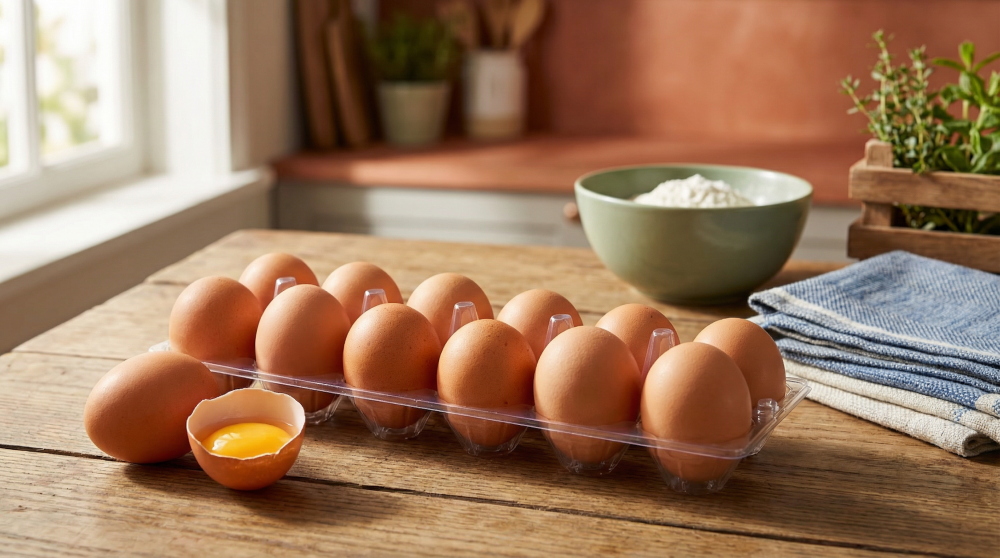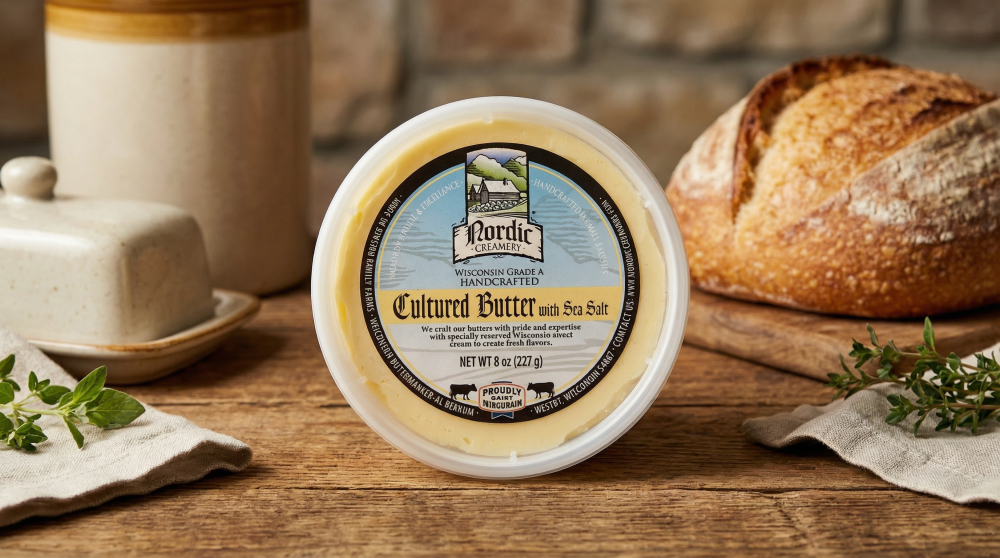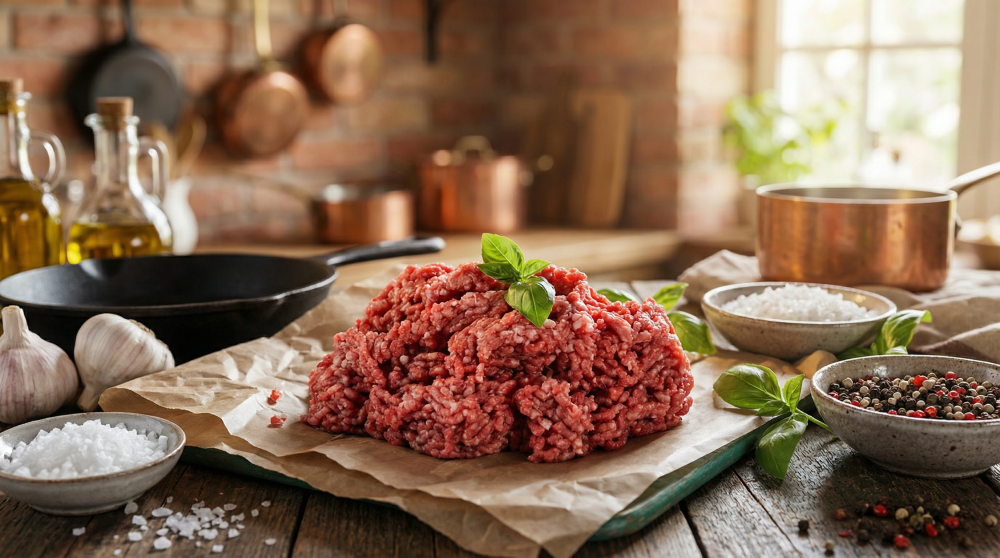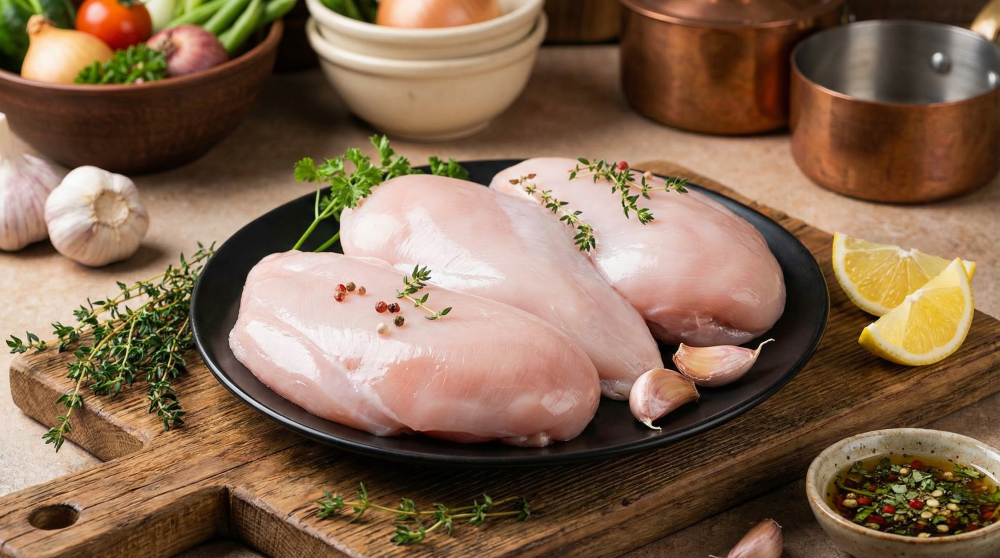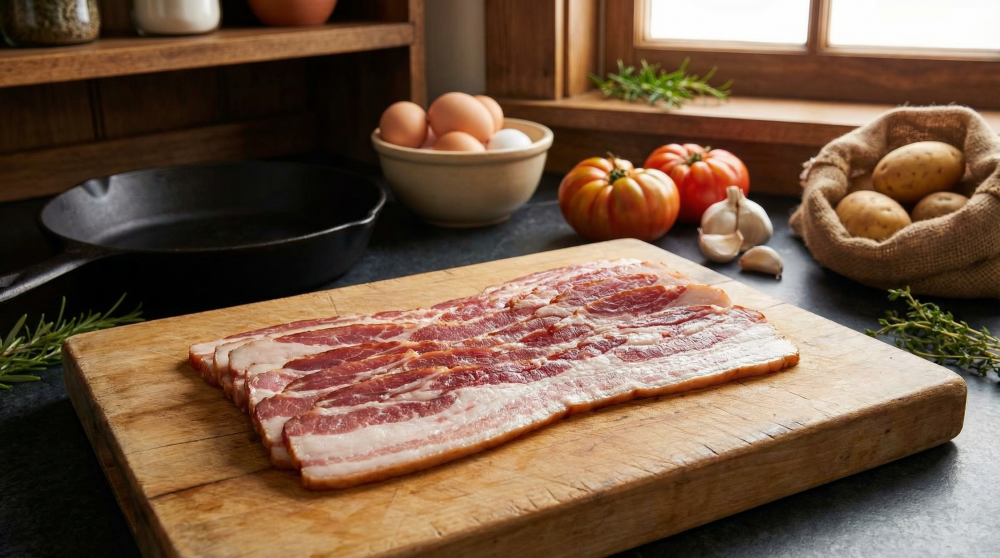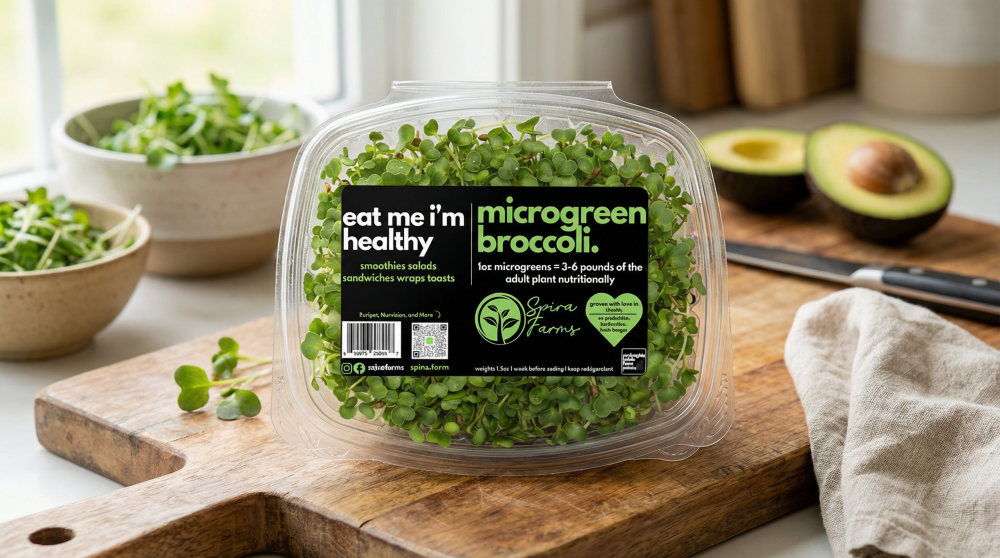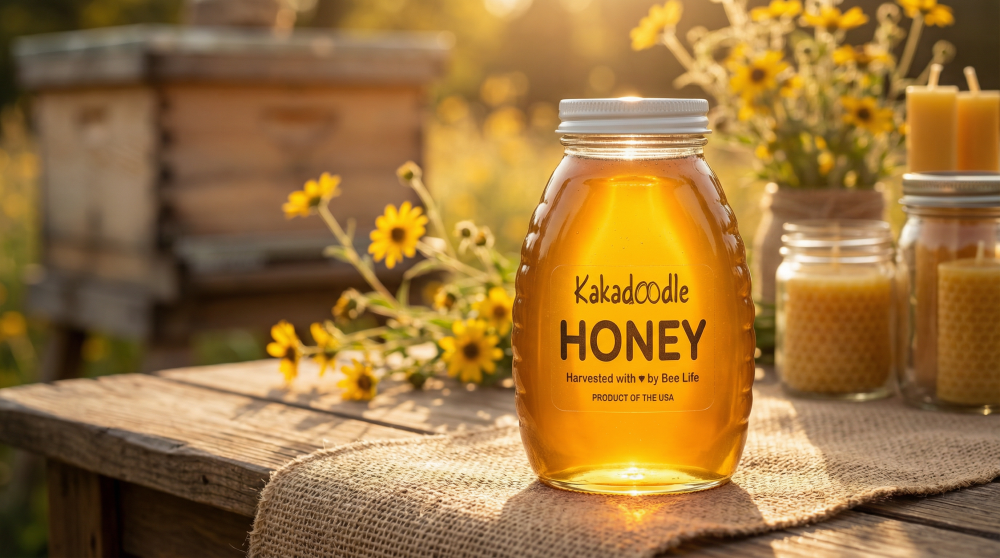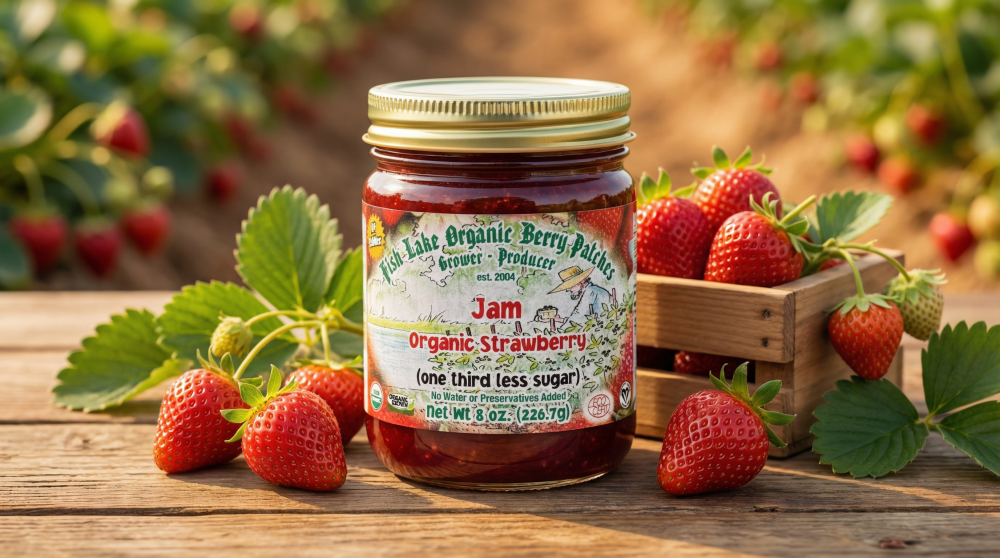article Understanding Egg Labels
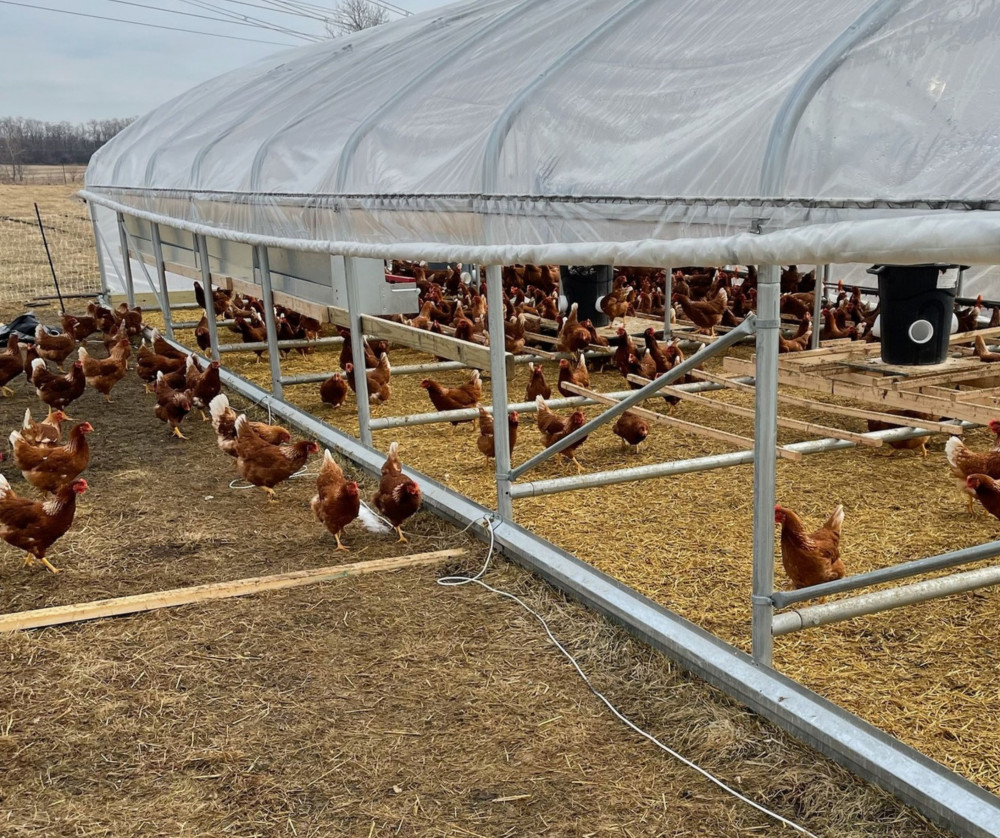
Before we moved to the farm, I was so confused by all of the different egg labels at the grocery store. You have conventional, cage-free, free-range, pasture raised, and more. What did they all mean!?
One thing that was becoming increasingly obvious was that the $2/dozen eggs just didn't seem right. Why in the world is that egg so darn cheap! Didn't it cost more than that to feed the chickens!? I wanted what was best for my family, but what egg do I choose? Am I just throwing money out the window by going for the organic? Well, let's crack open this topic and see which types of eggs are the tastiest (and healthiest) option for you!
Conventional Eggs
Of course it makes sense to start with the conventional eggs. These are the usually white $2/dozen eggs (Although today, because of the current egg shortage, these are more like $4/dozen). These conventional chicken eggs are the most commonly found eggs in grocery stores across the world. They are laid by hens in large scale, commercial egg-laying facilities, often referred to as battery cages. The main goals of conventional egg production is efficiency and cost-effectiveness.
In the production process, hens are housed in small cages, where they are unable to move around freely. Cages are often stacked on top of each other, and can hold several hens each. The chickens are typically fed a diet of grains, soy, and sometimes even animal by-products, and are usually given no outdoor access.
The obvious pro of conventional eggs is their low cost. Due to the large scale of production and the use of battery cages, conventional eggs are often cheaper than other types of eggs. However, the conditions in which chickens are housed and the diet they are given have raised concerns about the health and welfare of the chickens, as well as the safety and quality of the eggs they produce.
Pros of Conventional Eggs
- Affordable price
- Widely available in grocery stores
- Consistent size, shape, and color
Cons of Conventional Eggs
- Typically produced in large-scale, factory-style operations
- Hens are often housed in cramped, unsanitary conditions
- Hens are often given antibiotics and hormones to promote growth and prevent disease
- Little to no outdoor access for hens, leading to a lack of exercise and exposure to natural light
Cage Free Eggs
These eggs come hens that are not locked up in cages, but instead are given a little more room to move around in a barn or indoor facility. These hens are free to walk, spread their wings, and lay eggs in a less cramped environment than their conventional cage-dwelling sisters. But I can imagine from the hen's perspective, it's still not an ideal living environment.
While cage-free sounds like a big improvement for the birds, it's important to note that they are still usually packed in tight with each other. And, unfortunately, there's no guarantee that the egg producers give them access to the outdoors for some fresh air and sunshine.
But, despite these limitations, there are still some benefits to choosing eggs from cage free hens. For starters, the hens get to move around a bit more, which can make them happier and healthier. And, some people even claim that the eggs from cage free hens taste better because the hens get to eat a more natural diet and engage in more natural behaviors.
Pros of Cage Free Eggs:
- Improved animal welfare
- No cages!
- Maybe even better taste
Cons of Cage Free Eggs:
- Typically more expensive than conventional eggs
- No guarantee of outdoor access
- Crowded living conditions
Free Range Eggs
Free range eggs come from chickens that have the freedom to roam outside. They are not kept in cages, but instead have a designated area to move around and forage for food. These birds are usually housed in larger barns or coops, but have access to the great outdoors.
While free range eggs are a step up from cage free, it's important to remember that there are still restrictions on the amount of space available to the hens. And, not all free range egg operations are created equal, so there can be some variability in quality and standards.
But, on the bright side, free range hens have more room to move around and engage in natural behaviors like pecking and scratching. They also have access to the outdoors, which can provide additional sources of food and a change of scenery.
Pros of Free Range Eggs:
- More room to move
- Outdoor access
- Improved welfare compared to conventional eggs
Cons of Free Range Eggs:
- Restrictions on amount of space
- Variability in quality and standards
- More expensive than conventional eggs
- Potential for disease transmission and parasites
Pastured Raised Eggs
Now on to eggs form pastured chickens. These are the crème de la crème of all eggs. These eggs come from chickens that are raised on open pasture land, where they can roam freely and munch on all the grass and insects they can get their beaks on. It's like a never-ending buffet for them, and the result is a nutritious and delicious egg for us!
Pasture eggs are considered to be some of the healthiest eggs on the market. They are rich in vitamins and minerals, including Omega-3 fatty acids, and free from many of the chemicals and hormones found in conventional eggs. In fact, pasture raised fresh eggs have a lower risk of salmonella contamination and a lower risk of heart disease. Talk about a win-win!
The production process for pasture raised eggs is not only good for the chickens but also for the environment. These chickens live in a natural environment, not in small cages or coops. This allows them to engage in natural behaviors like dust bathing, perching, and foraging, which is not possible in other types of egg production.
Pros of Pasture Raised Eggs
- Better Animal Welfare: Pasture raised hens live the good life, roaming freely and living life to the fullest!
- Higher Nutritional Value: With more vitamins and minerals, including Omega-3 fatty acids, eggs from pastured hens are the more nutritious eggs, and are the healthiest option.
- Better Taste: Many people say that pasture raised eggs taste better, and who are we to argue with them?
- Supporting Small Family Farms: When you buy pasture raised eggs, you're supporting small, local farms and promoting sustainable agriculture practices.
- Better for the Environment: With less carbon footprint and supporting the health of the surrounding land, pasture raised eggs are better for our planet.
Cons of Pasture Raised Eggs
- Cost: Buying pastured eggs from pasture raised hens can be a bit pricier than conventional eggs, but they're worth every penny
- Limited Availability: They may not be available in every local grocery store, but keep an eye out for them at local farmers markets.
- Quality Fluctuations: Since these eggs come from small, local farms, the quality can fluctuate based on weather and other factors.
- Less Consistent Appearance: These eggs might not look as uniform as conventional eggs, but they're still just as delicious.
- Regulations: There is little regulations to set clear meaning of what the pasture raised standards are. So make sure to know your farmer if a true pasture egg is what you want.
But wait, there's more!
We're not quite done yet! We've just gone through the different types of eggs you might come across at the grocery store, but now it's time to dive into the nitty-gritty details of what the egg laying hens are actually munching on. Yep, I'm talking about the supplemental feed. It might not seem like a big deal, but trust us, it's a game-changer when it comes to picking the right egg for you.
Let's take a closer look and make sure you're in the know when it comes to choosing the perfect egg for your taste buds and health goals.
No Hormones Added
"No Hormones Added" is a common claim you may find on egg cartons in the grocery store. This label indicates that the chickens producing the eggs were not given any hormones, such as estrogens or testosterone, to boost their growth or egg production. These hormones are sometimes used in conventional egg production to increase efficiency and reduce costs. However, by choosing eggs labeled "No Hormones Added," consumers can be assured that the eggs they are purchasing are produced without these substances. It's important to note that, by law, all eggs sold in the United States are hormone-free, so this label serves more as a reassurance to consumers rather than a distinct difference in production methods.
No Antibiotics
Eggs labeled as "No Antibiotics" indicate that the chickens that laid the eggs were not given antibiotics for the duration of their lives. This claim is becoming increasingly popular among consumers who are concerned about the overuse of antibiotics in livestock production and its impact on human health. The use of antibiotics in livestock farming is controversial because it contributes to the development of antibiotic-resistant bacteria. By purchasing eggs with the "No Antibiotics" label, consumers can feel confident that they are supporting a more responsible and sustainable form of animal agriculture. However, it is important to note that there is no federal standard for this claim, so the definition of "No Antibiotics" can vary from brand to brand.
Non GMO
"Non-GMO" means that the chickens that laid these eggs weren't fed any genetically modified feed. Some people choose these eggs because they're concerned about the long-term effects of consuming GMOs. If you're one of those people, choosing non-GMO eggs gives you peace of mind that you're avoiding potential health risks associated with GMOs. It's worth noting that there's still ongoing debate among experts about the safety of GMOs, and more research is needed to fully understand the potential impacts of consuming these products.
Certified Organic
"Certified Organic" eggs are produced from chickens that are raised according to strict USDA organic standards. These standards regulate everything from what the chickens eat too where they live. These chickens must be fed a species appropriate diet of organic feed free from pesticides, herbicides, and GMOs. They also must have access to the outdoors to forage for food and engage in natural behaviors. The eggs themselves must meet the USDA's organic certification standards, which means they can't contain any harmful chemicals or pollutants. When you see "Certified Organic Eggs" on a carton, you can feel good knowing that the eggs you're getting were produced in a way that's not only good for the chickens, but also good for the environment and for you.
Omega-3
"Omega-3" eggs are eggs from chickens that were fed a diet rich in omega-3 fatty acids. These fatty acids are essential for human health and are commonly found in foods like salmon and flaxseeds. Omega-3 fatty acids have been linked to numerous health benefits, such as reducing inflammation, improving heart health, and promoting brain health. While these eggs might be more expensive than traditional eggs, they may be worth the investment if you're looking to increase your omega-3 intake and improve your overall health. Just keep in mind that the actual omega-3 content can vary greatly depending on the brand and type of egg, so it's always best to check the nutrition label and ingredient list for specific information.
Summary
Well folks, there you have it! All the ins and outs of the different types of eggs you might come across at the grocery store. While there are many options out there, there's one type of egg that really stands out for us - the humble pasture raised egg.
Having a reliable source of pasture raised eggs is one of the things that brought our family to the farm in the first place. These eggs are packed with all the good stuff - like Omega-3 fatty acids, vitamins A, D, E, and beta-carotene.
But the real reason we love pasture raised eggs so much is because of the chickens. Our girls get to live the dream life - roaming freely on open pasture land, foraging for food, and dust bathing to their heart's content. It's a far cry from the tiny, cramped cages of conventional egg production.
So there you have it. If you want eggs that are good for you, good for the chickens, and good for the planet, you can't go wrong with pasture raised eggs. If you're in our delivery area, it's never been easier to purchase fresh pasture raised eggs for delivery right to your door.
